There has been so much going on lately surrounding the pandemic and more that is affecting our mental state because it is affecting us. There will not be a sudden shift returning to things as they were but instead a more gradual move to what will be. What changes there will be are yet to be determined, but there will be an “other side” to what we are currently experiencing.
Some have asked how our current situation is affecting my patients. Having a general psychiatric practice allows me to hear what my patients are thinking. Themes emerge that have caused distress for all of us and frequently exacerbated symptoms for those already struggling with emotional strain.
One recurring theme among my patients and professional colleagues, is how do we combat depression during the pandemic?
Many people have been taken out of their typical structure and yet continue with even more responsibilities than ever. People have been forced to juggle work, unemployment, home life, family and friends— all without their familiar support and stress relievers. One way to ponder the “other side” is to think in terms of how to remain or return to functioning at our previous level.
Depression is a serious illness that continues to be a significant health concern. Unfortunately, people with depression frequently struggle more with multifaceted stress, which can be initiated in this context or made worse.
We know that with increased unemployment, there is an increase in suicide, and previously existing depression worsens this situation. This is a complicated position. We are looking for options to make symptoms better and improve functioning in personal life and employment. We, as individuals and as businesses, want a return to the best functioning possible.
When depression is present, it is essential to get the help that is needed. It can start with taking care of oneself with exercise, nutrition, socialization and mindfulness, but may require professional help. Options to combat depression include psychotherapy and/or medications as an initial approach. However, many times these approaches are not successful, and treatment-resistant depression is present.
When people struggle with this depression, it interferes with the ability to function. It is critical to seek treatment so functioning can improve, and someone can be a parent, partner, employee or friend to the best of their ability.
There are alternatives for depression treatment beyond psychotherapy or antidepressants that prove ineffective, ranging from minimally invasive to non-invasive options.
TMS Therapy: Non-invasive, Medication-free
Transcranial Magnetic Stimulation (TMS) Therapy is a non-invasive neuromodulation option that is medication-free. TMS Therapy was cleared by the FDA in 2008 to treat depression when a person has not responded to an antidepressant. TMS technology involves using an MRI-like magnetic pulse to simulate the left dorsolateral prefrontal cortex, a part of the brain that is not functioning optimally in depression. TMS Therapy is an outpatient procedure that is effective, safe and durable in numerous studies. It is well tolerated and has no systemic side effects.
Esketamine: Minimally Invasive, Medication-prescribed
Esketamine has been cleared as a pharmacologic treatment for depression when a person has not responded to medications. The therapy involves nasal administration of esketamine and the addition of a new antidepressant regiment.
ECT: Invasive, Sedation required
Electroconvulsive Therapy (ECT) or more commonly known as “shock therapy,” is an invasive neuromodulation technique. ECT involves anesthesia and sedation, then applying a generalized seizure.
Vagal Nerve Stimulation: Invasive, Surgery and Sedation required
VNS is a surgical procedure that involves placing a device in the chest that stimulates the Vagus nerve through electrical impulses, stimulating the brain.
With all the treatment options available, advances in medicine and technology, relief from depression is possible, even during this period of great uncertainty. There is so much happening that’s out of our control, one thing that we can control is if and when to seek help if you or a loved one is suffering from depression.
With the complications associated with depression affecting our personal and professional lives, it is imperative to find ways to improve mood. We and our workplaces would be well served to advocate aggressive depression treatment so that we are all as healthy as possible, can cope well and be productive, once we reach the “other side.”


